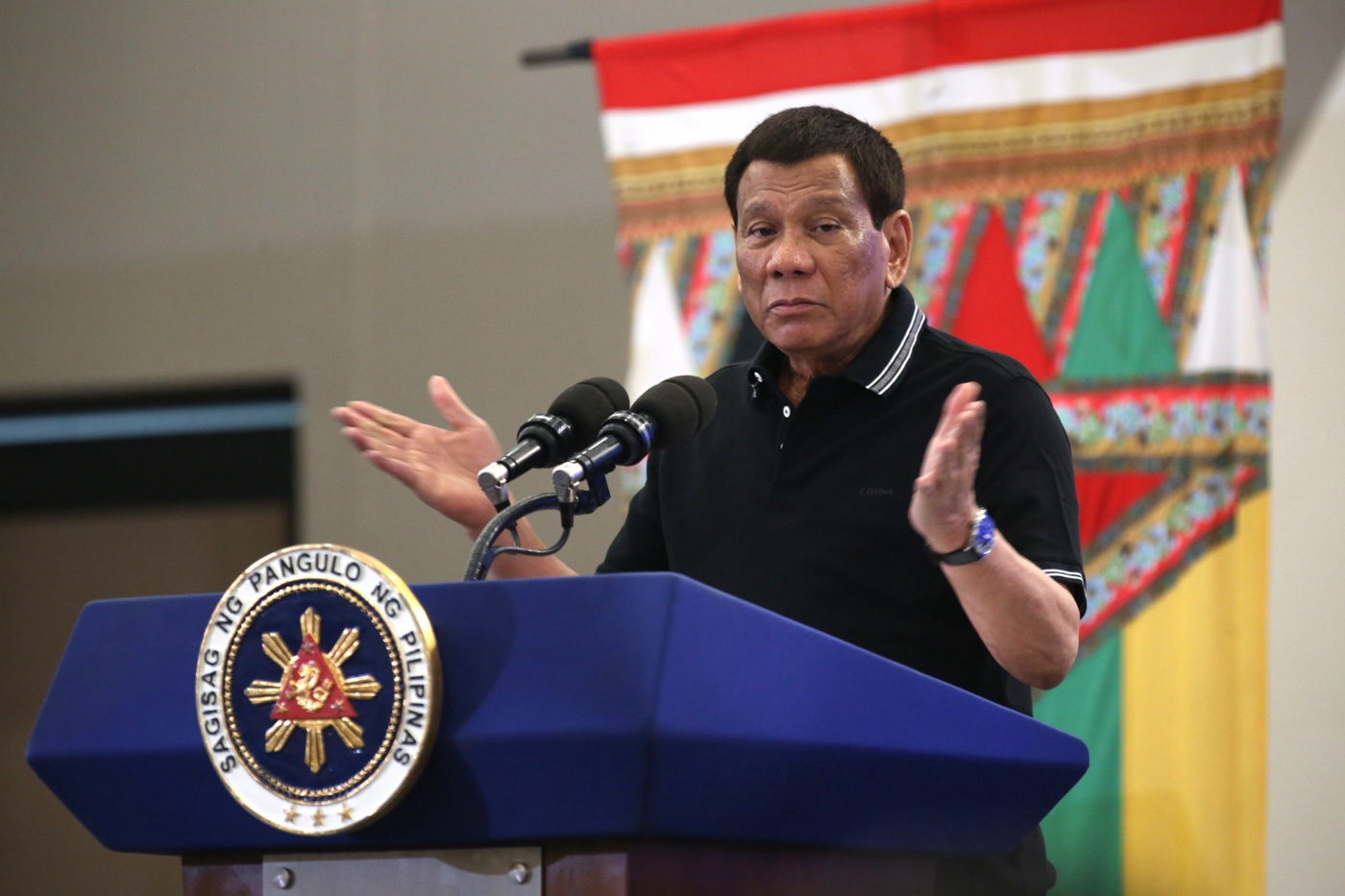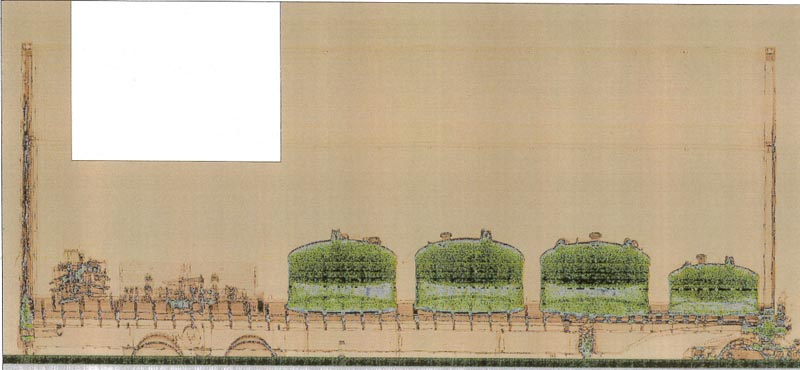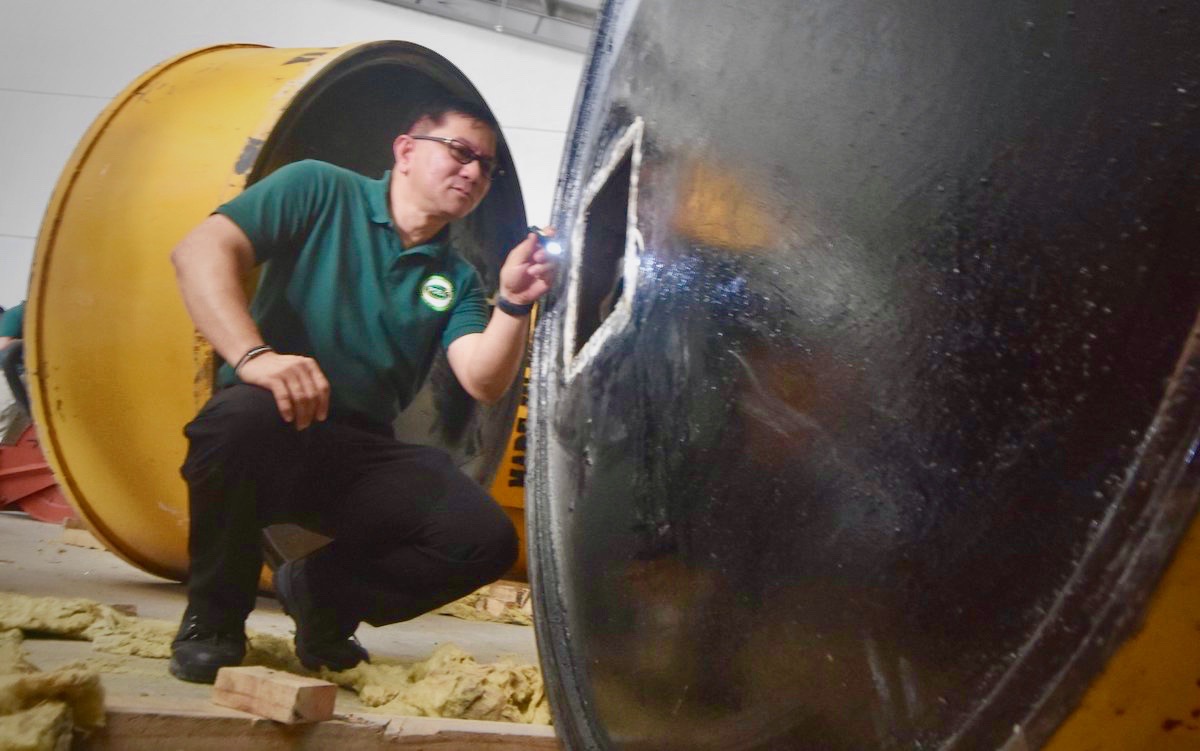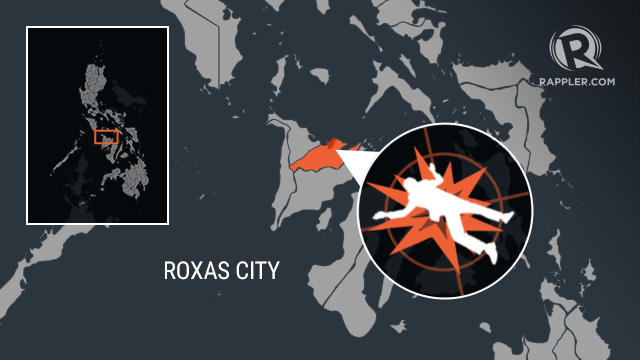
MANILA, Philippines (3rd UPDATE) – The Makati Regional Trial Court (RTC) Branch 148 on Friday, September 28, deferred its decision on the Department of Justice (DOJ) request to issue an arrest warrant against Senator Antonio Trillanes IV over his previously dismissed coup d’etat charges.
Makati RTC branch 148 Judge Andres Soriano set another hearing at 9 am on October 5, Trillanes' lawyer Rey Robles confirmed.
“The resolution of the Very Urgent Ex-parte Omnibus Motion for the issuance of Hold Departure Order (HDO) and Alias Warrant of Arrest against Antonio Trillanes IV is DEFERRED,” the court said.
The DOJ motion for a warrant of arrest was originally submitted for resolution as early as Wednesday, September 26.
On Tuesday, September 25, another Makati court, Makati RTC Branch 150, ordered Trillanes' arrest based on a separate DOJ request over rebellion charges.
While Branch 150 Judge Elmo Alameda issued an order a day after it was submitted for resolution, Soriano chose to set it for another hearing.
Soriano left his office past 2 pm on Friday. Just before 4 pm, a sherriff entered his courtroom bearing an order. Shortly after, Robles announced Soriano’s order.
Soriano will decide on the same issues as Alameda. Soriano will also tackle the factual issues of the case, particularly whether Trillanes really filed an application form, and if there was an admission of guilt at the time he applied and was granted amnesty.
In his arrest order, Alameda said that without the actual copy of an amnesty application form, Trillanes was deemed to have failed to file it.
Alameda disregarded sworn affidavits of military officials who certified that they received and process Trillanes’ application form.
Trillanes will submit the same affidavits to Soriano.
Soriano's decision would ave implications on jurisprudence, especially on the issues of double jeopardy and rules on evidence.
'Big relief'
Trillanes said that the deferment of the decision was a "big relief" for him. He said that he was grateful to Soriano, a "man of integrity," for following the process.
“It’s a big relief not only for me but more importantly for the whole justice system [and] democratic institutions na in-uphold ng isang Judge Soriano, na despite all the pressures, ay pinanindigan niya kung ano ang tama at nararapat at dinaan niya sa proseso,” he said.
(It’s a big relief not only for me but more importantly for the whole justice system and democratic institutions that Judge Soriano upheld, despite all the pressures, he stood for what is right and just, and followed the process.)
With the order, Trillanes was finally coming home after 3 weeks of being holed up in his office at the Senate.
Robles said the decision was just a "temporary sigh of relief" for the Trillanes camp as there would be no basis for an arrest warrant from then until the petition was up for resolution.
“I wouldn’t call it a victory. I would say this is in compliance with the rule of law. There was no rush to grant an order which would overturn decades of jurisprudence in the country,” Robles said.
Coup d’etat is generally a non-bailable offense if the judge finds the evidence strong.
Alameda, who was the first one to order Trillanes’ arrest, set bail at P200,000. This is because when the case was still ongoing, even before he was granted amnesty, Trillanes filed and won a petition for bail in that court. (READ: EXPLAINER: Why Judge Alameda disregarded affidavits in Trillanes case)
There was no similar bail grant for the senator at Branch 148, thus the non-recommendation of bail.
The coup d'etat charges were dismissed in September 2011 pursuant to the amnesty, but the Department of Justice (DOJ) argued that since President Rodrigo Duterte had voided the amnesty grant to Trillanes, the dismissal is also null and void.
Both Duterte's proclamation voiding the amnesty, as well as the reopening of dismissed cases at the lower courts, have been slammed by law experts as unconstitutional and a blatant violation of a person's right against double jeopardy. – Rappler.com













 – The Conversation | Rappler.com
– The Conversation | Rappler.com




 – The Conversation | Rappler.com
– The Conversation | Rappler.com













